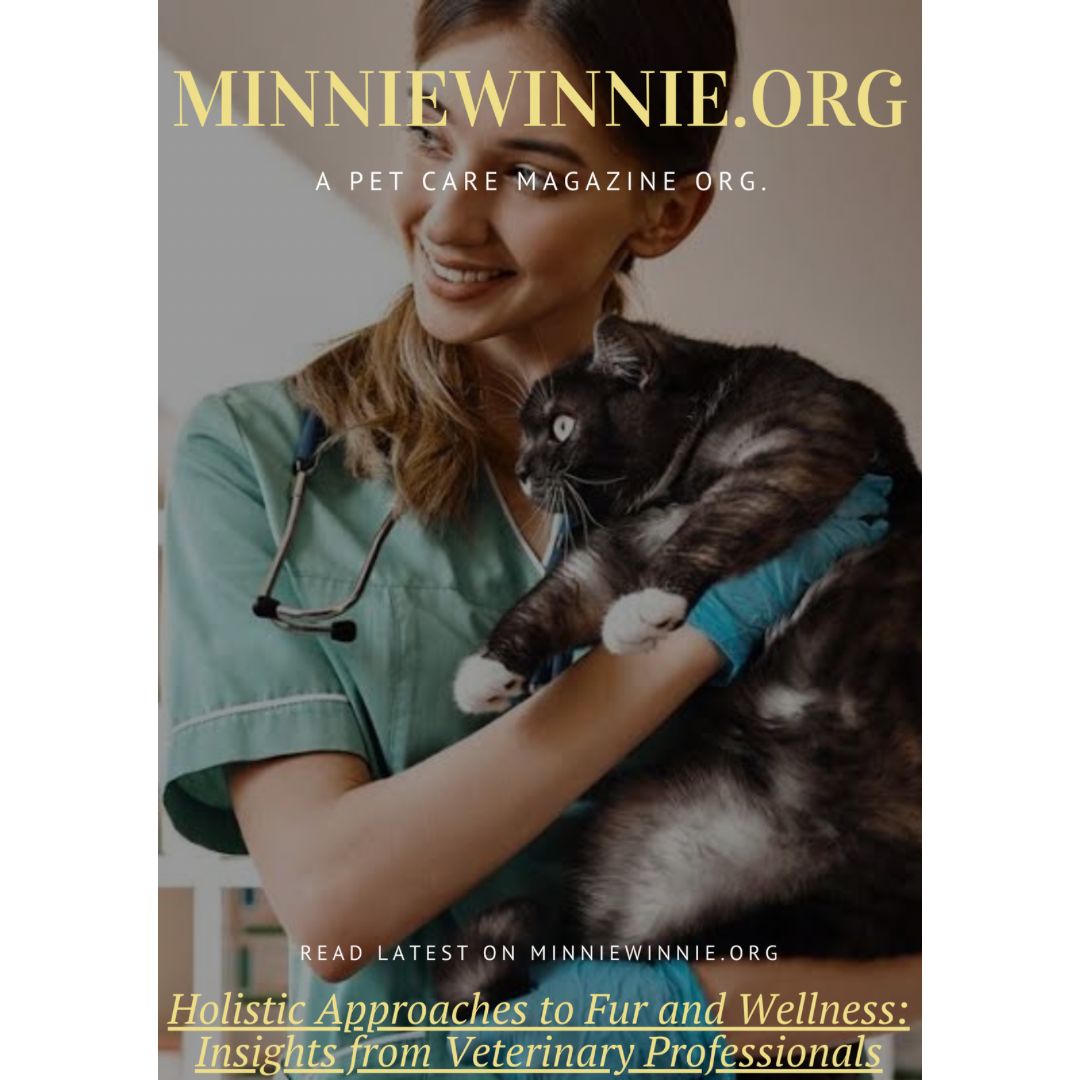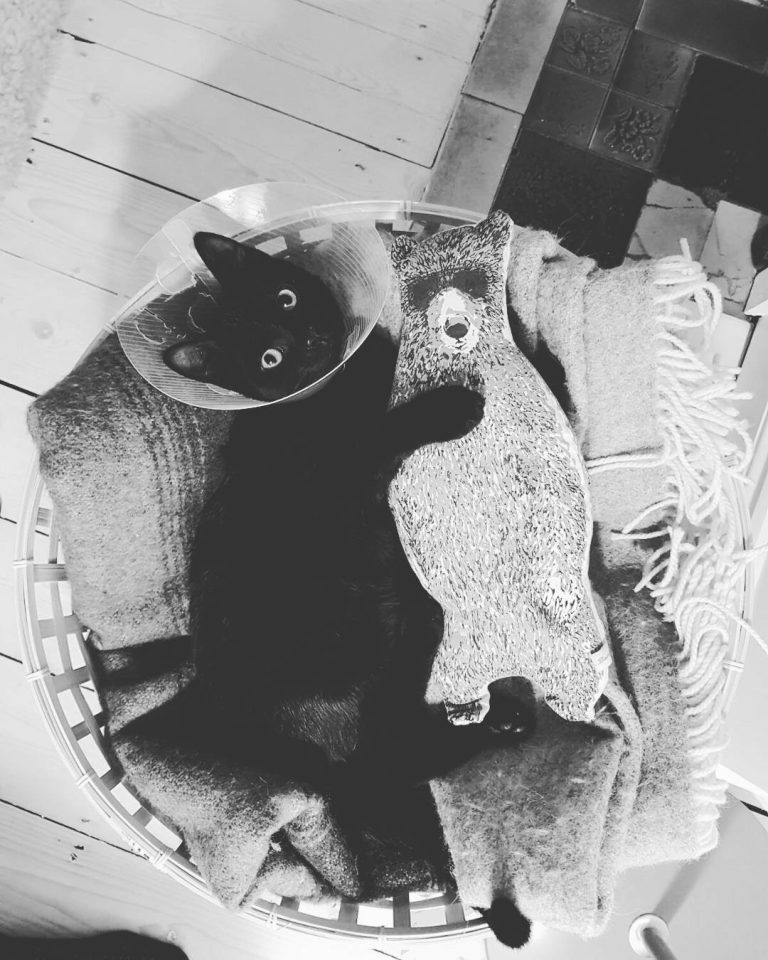Holistic Approaches to Fur and Wellness: Insights from Veterinary Professionals
In recent years, holistic approaches to pet wellness have gained significant traction, reflecting a broader shift towards more comprehensive and natural health practices. Veterinary professionals have been at the forefront of this movement, advocating for methods that encompass not only physical health but also emotional and environmental well-being. By integrating traditional veterinary medicine with alternative therapies, these holistic approaches aim to enhance the overall quality of life for pets. This article explores the insights and practices of veterinary professionals who champion holistic pet care.
Understanding Holistic Pet Care
Holistic pet care considers the pet as a whole, focusing on the interconnectedness of their body, mind, and environment. This approach recognizes that symptoms are often manifestations of deeper, underlying issues and seeks to address the root causes rather than merely treating the symptoms. Key elements of holistic pet care include nutrition, herbal medicine, acupuncture, chiropractic care, and behavioral therapy.
Nutrition and Diet
Veterinary professionals emphasize that nutrition is the cornerstone of a pet’s overall health. Dr. Emily Thompson, a holistic veterinarian, explains, “A balanced diet tailored to the specific needs of an individual pet can prevent numerous health issues and promote longevity.” Many holistic vets advocate for natural, raw, or homemade diets over commercial pet foods, which often contain preservatives, fillers, and artificial ingredients. Nutritional therapy might also include supplements such as omega-3 fatty acids, probiotics, and vitamins to support optimal health.
Herbal Medicine
Herbal medicine is another integral component of holistic pet care. Herbs like turmeric, ginger, and milk thistle have been used to treat various conditions, from inflammation to liver disease. Veterinary herbalists customize treatments based on the specific needs of the pet, ensuring safe and effective use of these natural remedies. Dr. Karen Becker, a proactive and integrative wellness veterinarian, notes, “Herbal treatments can be a gentle yet powerful way to support healing and maintain health.”
Acupuncture and Chiropractic Care
Acupuncture and chiropractic care, once considered unconventional, are now widely accepted and practiced by holistic veterinarians. Acupuncture involves inserting thin needles into specific points on the body to stimulate healing and relieve pain. It has been particularly effective for conditions such as arthritis, nerve injuries, and gastrointestinal issues. Chiropractic care focuses on the alignment of the spine and musculoskeletal system, helping to alleviate pain and improve mobility.
Behavioral Therapy
Behavioral health is an essential aspect of holistic pet wellness. Stress, anxiety, and behavioral issues can significantly impact a pet’s quality of life. Veterinary behaviorists work to understand the underlying causes of these issues and develop comprehensive treatment plans that may include training, environmental modifications, and natural calming aids such as pheromones and herbal supplements. Dr. Nicholas Dodman, a renowned veterinary behaviorist, highlights the importance of addressing mental health in pets, stating, “A balanced mind leads to a healthier body.”
Environmental Enrichment
Holistic pet care also emphasizes the importance of a stimulating and enriching environment. Providing pets with opportunities for physical exercise, mental stimulation, and social interaction is crucial for their well-being. This might include interactive toys, puzzle feeders, regular walks, and playtime with other animals. Ensuring a clean, safe, and comforting living space is also vital.
Integrating Traditional and Holistic Practices
While holistic approaches offer numerous benefits, they are most effective when integrated with traditional veterinary medicine. Comprehensive wellness plans often include vaccinations, regular check-ups, and emergency medical care alongside holistic treatments. Veterinary professionals advocate for a balanced approach that leverages the strengths of both conventional and alternative therapies.
Case Studies and Success Stories
Case studies have demonstrated the effectiveness of holistic approaches in improving pet health. For example, Max, a senior Labrador Retriever, suffered from chronic arthritis. Traditional treatments provided limited relief, but when his care plan was expanded to include acupuncture, dietary changes, and herbal supplements, his mobility and overall quality of life improved dramatically. Similarly, Bella, a cat with severe anxiety, benefited from a combination of behavioral therapy and natural calming aids, resulting in a happier and more relaxed demeanor.
The Future of Holistic Pet Care
As awareness of holistic pet care continues to grow, more veterinary professionals are incorporating these methods into their practices. Advances in research and a deeper understanding of alternative therapies will likely lead to even more refined and effective holistic treatments. Pet owners are also becoming more informed and proactive about their pets’ health, driving demand for holistic care options.
In conclusion, holistic approaches to fur and wellness, as championed by veterinary professionals, represent a comprehensive and compassionate way to enhance the lives of pets. By addressing the full spectrum of physical, emotional, and environmental factors, holistic pet care offers a path to optimal health and happiness for our beloved animal companions. As this field continues to evolve, it promises to bring even greater benefits to pets and the people who love them.










